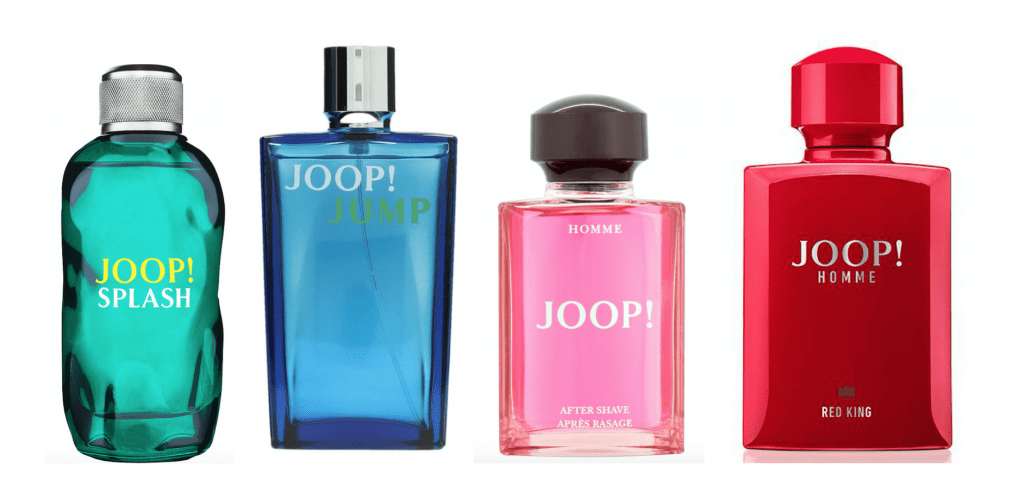While legal fights over the luxury resale market are currently underway in the U.S., more than one of which involves Chanel, a German court recently grappled with a resale case of its own. An unnamed Dutch licensee of the Joop and Davidoff trademarks filed suit against an unnamed German online retailer, arguing that by shipping authentic fragrances in cardboard boxes that include the Joop and Davidoff names, as well as those of Moschino, Calvin Klein, Vivienne Westwood, and Roberto Cavalli, among others, the retailer was running afoul of trademark law.
In addition to slapping the brand names on its boxes without authorization alongside the slogan “Beauty for Less,” and thereby, potentially confusing consumers, the defendant retailer was also using the Joop and Davidoff names in a way that “does not correspond to their image as luxury brands,” and should be prohibited from using the boxes in the European Union, the plaintiff argued.
The courts, however, were not persuaded. Following a loss before the Regional Court and two dismissed appeals, the plaintiff licensee took its case before the German Federal Court of Justice, which similarly held that the defendant’s use of the Joop and Davidoff marks on the shipping boxes does not give rise to trademark infringement.
According to the court, the plaintiff’s ability to prohibit the sale of the authentic products, themselves, is clearly covered by the principle of exhaustion, which holds that once a trademark owner (or its licensor) releases its goods into the market, it cannot prevent the subsequent re-sale of those goods by their purchaser. “It can be assumed that the goods offered by the defendant were [initially] placed on the market by the [plaintiff] or with her consent in the European Union, [and] the marks were used for products that had been marketed in the EU,” according to the court.
But the court goes further than that, holding that the same doctrine extends to the advertising and marketing of the products, as well, and that “a company specializing in the resale of third-party goods may only sufficiently inform the public about its business, which may involve a large number of [other parties’] trademarks, if it also uses the trademarks of the products it distributes in advertising.”
It helps, according to the decision, that “the contested use of the [Joop and Davidoff] trademarks would not conflict with any legitimate interests of the plaintiff,” and more than that, the court held that the plaintiff had “not proved that the alleged advertising is unusual” or that “the reputation of [the plaintiff’s] marks is damaged by the use on the shipping carton.” Still yet, “the contested use of the [trademarks] give[s] the impression that the parties have commercial relations or that the defendant is part of the applicant’s distribution system.”
The latter point is particularly critical, since, as Seattle-based trademark attorney Michael Atkins notes, resellers are within their rights to “advertise that they are selling new, used, or reconditioned goods bearing [another brand’s] trademark; they just can’t imply that they are authorized resellers or have some other special relationship with the brand owner that does not really exist.”
With that in mind, the court sided with the defendant retailer and tossed out the infringement claims.
In light of the two pending Chanel cases in the U.S., which center largely on the resellers’ use of Chanel’s imagery and branding in furtherance of their own marketing, as well as the resellers’ alleged attempt to appear as though they are in some way aligned with Chanel to bolster consumer confidence in the authenticity of their products, the court’s decision, although, not binding in the U.S., proves interesting. The case, itself, is the latest in a string of global matters that examine elements of the burgeoning resale market, as well as unauthorized distribution of branded luxury goods.











